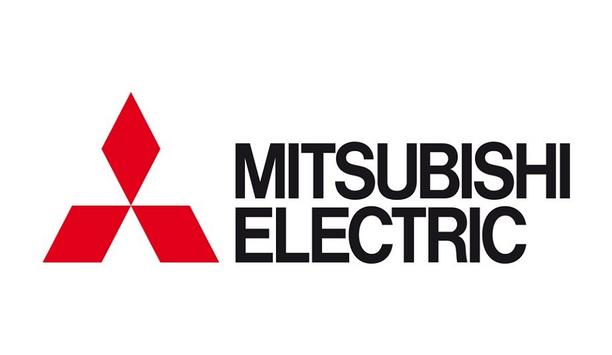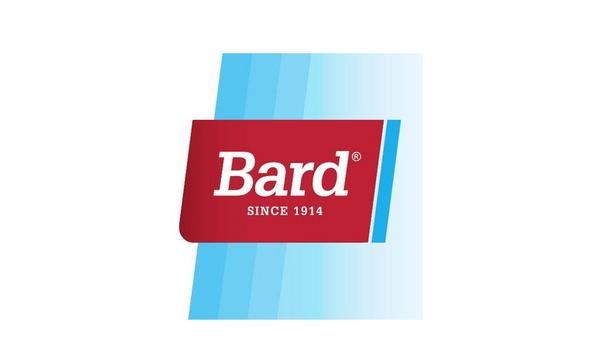It is common knowledge that a geothermal heating and cooling system provides a school with one of the most energy efficient climate control options available. What tends to be overlooked is that there are several geothermal system options available, which offer varying degrees of cost savings. Bard offers a type of geothermal system that provides the climate control and ventilation that a classroom deserves and maximizes cost savings.
This was the challenge recently posed to Bill Stalker, a Marketing Manager for the Tennessee Valley Authority. To assist his efforts, Mr. Stalker called on Blake Neville, P.E., of Neville Engineering to perform an independent study of two different geothermal systems.
Bard system chosen for the study
The Bard system chosen for the study featured a 4-ton packaged QW series ground source heat pump
The Bard system chosen for the study featured a 4-ton packaged QW series ground source heat pump with its patented, built-in energy recovery ventilator.
The other system consisted of a 3-ton console heat pump and a separate, dedicated ventilation air unit (both provided by two widely-used, well-known HVAC manufacturers.) General assumptions like the number of occupants, ventilation loads, cooling/heating hours, installation costs and well drilling expenses were identical for both systems.
Increases Savings Per Classroom
Based on the study’s numbers, the Bard unit would not only save a school district $1,300 per classroom in upfront installation costs, it would continue to save them $493 per classroom every year in operating costs.
Multiply both the upfront and operating savings by the number of classrooms in one’s school, and it all adds up to additional budget money for a few more field trips, a few more library books, a few more teaching supplies, etc.















